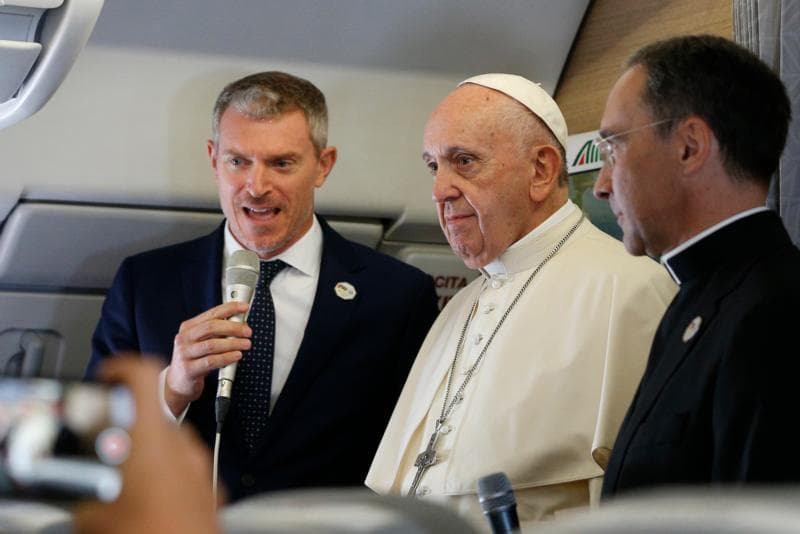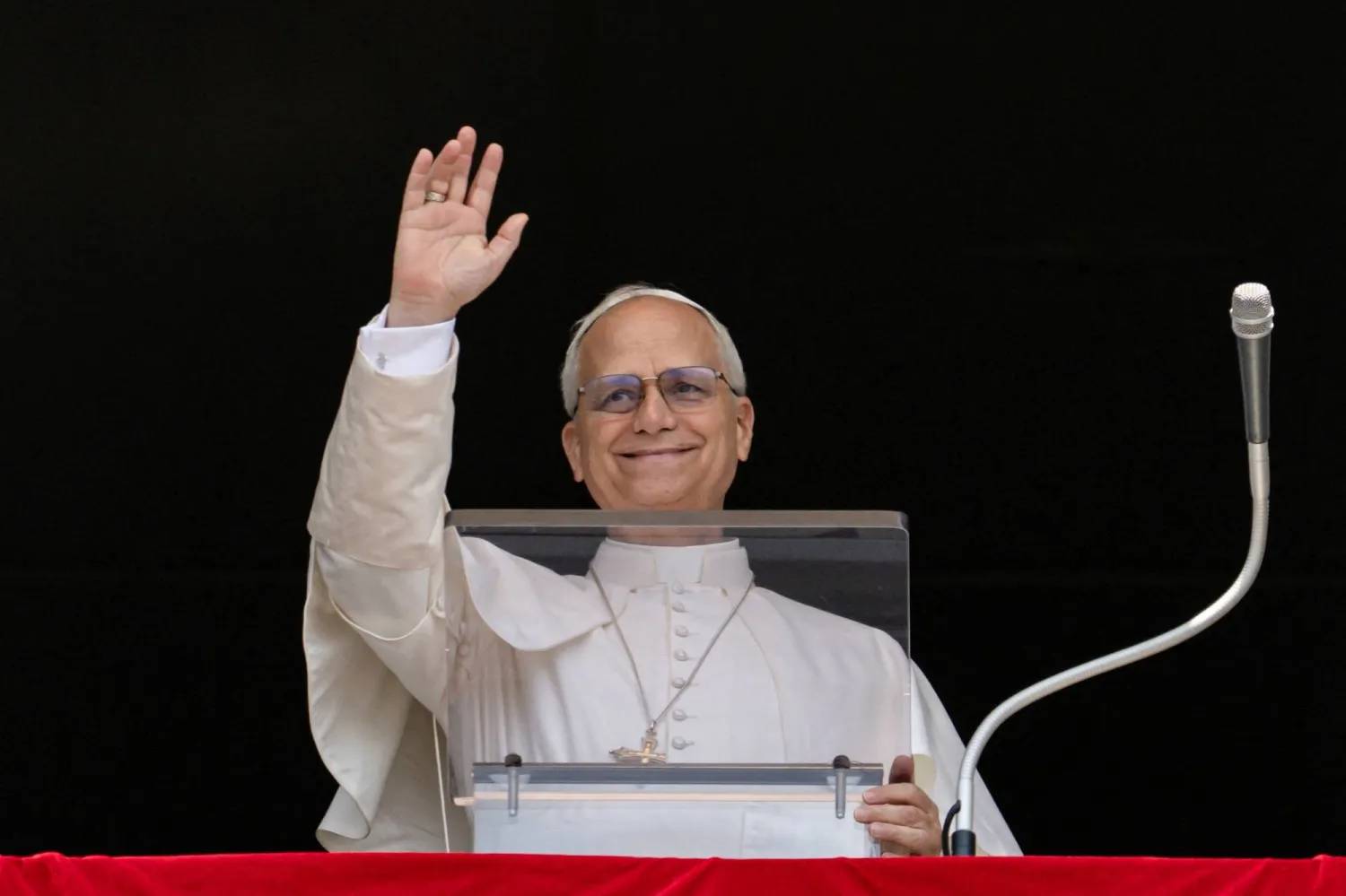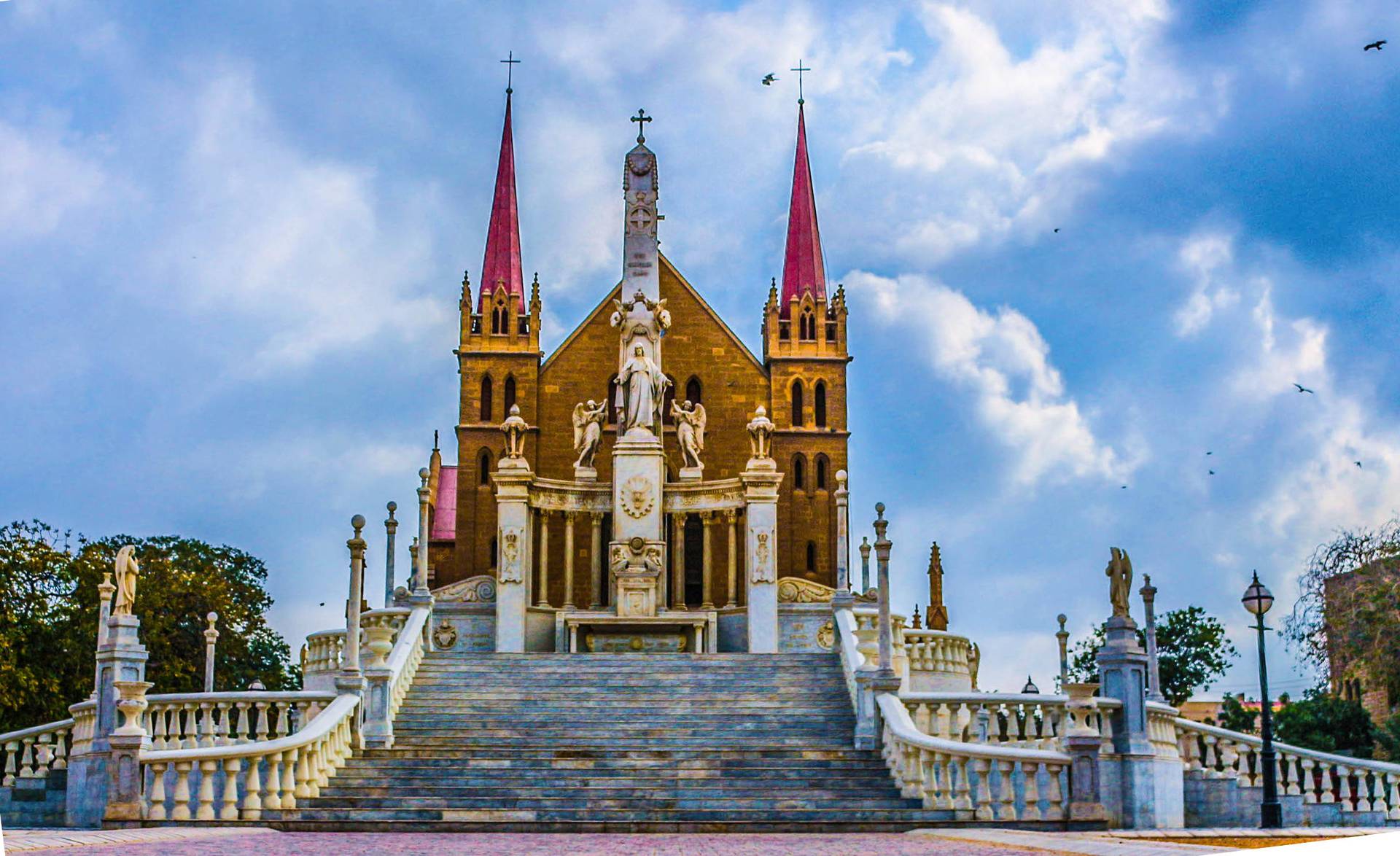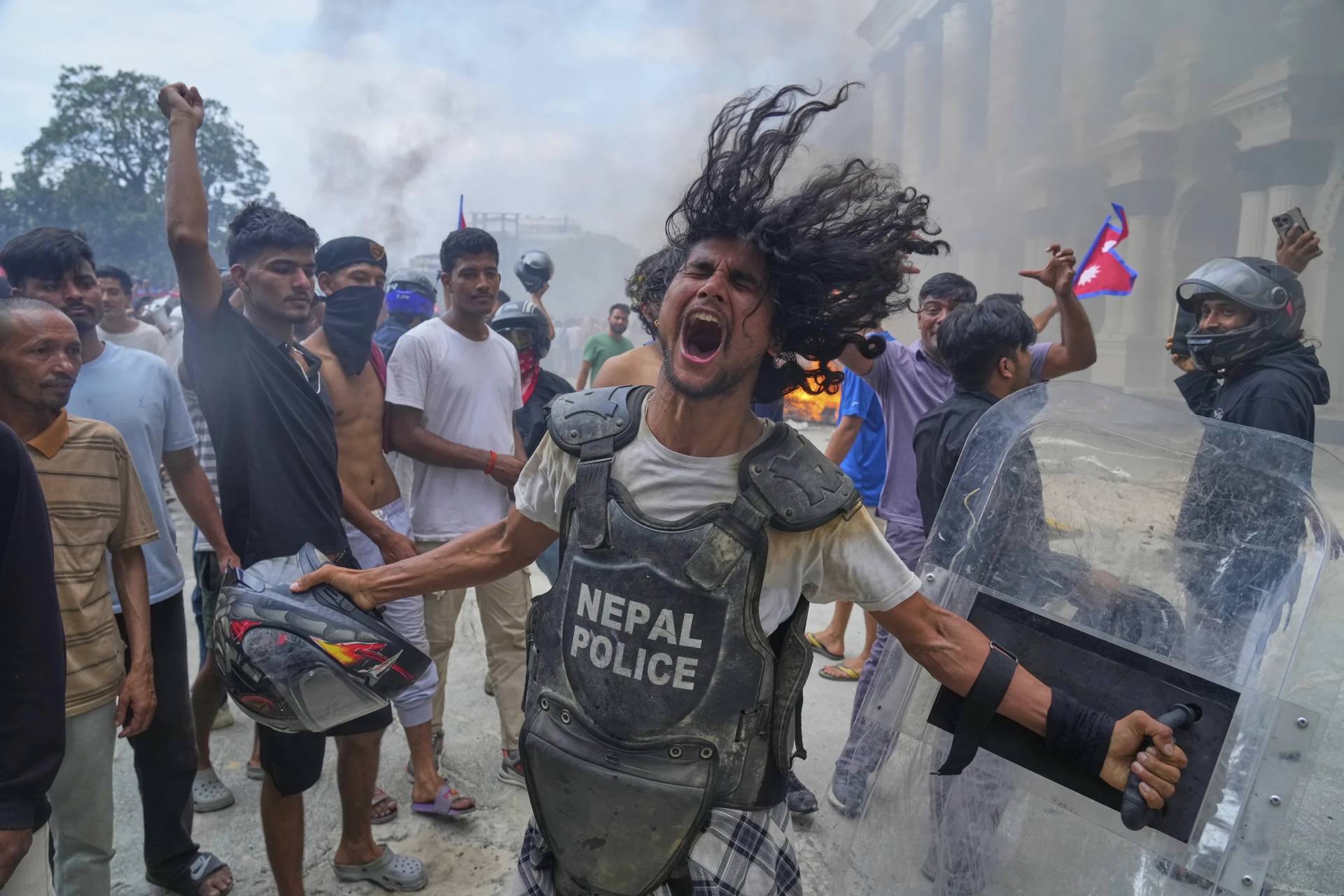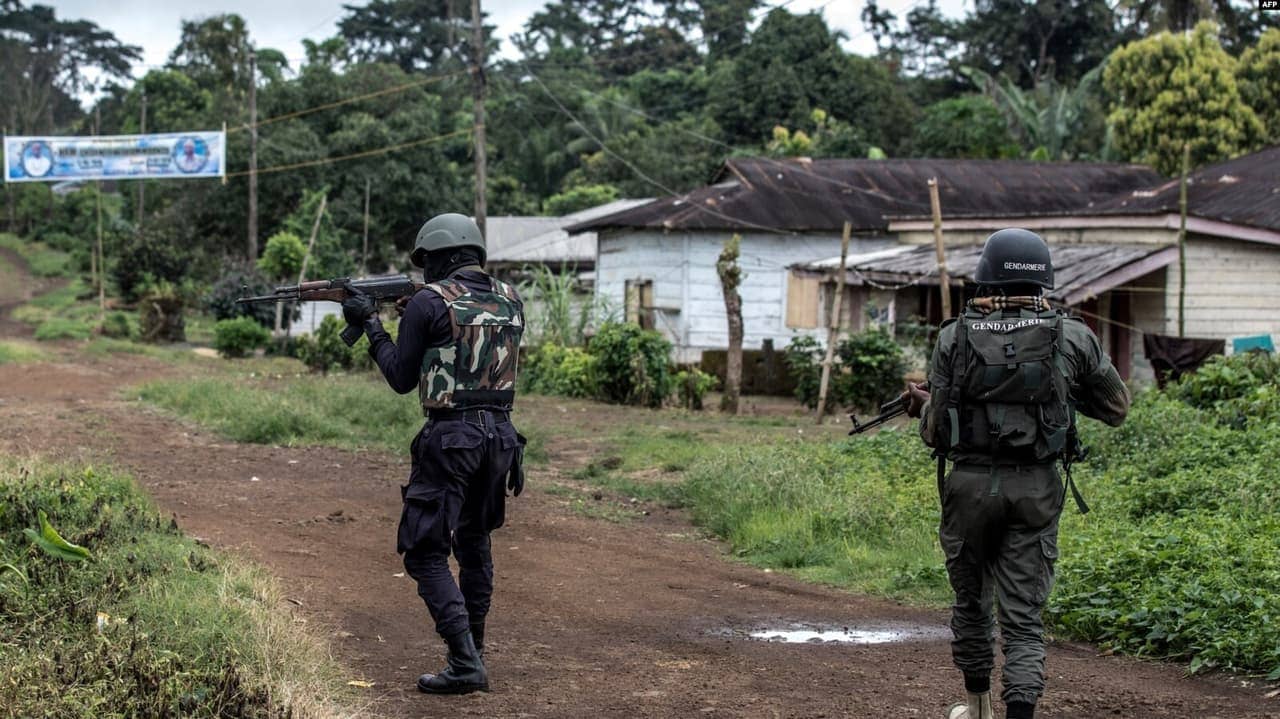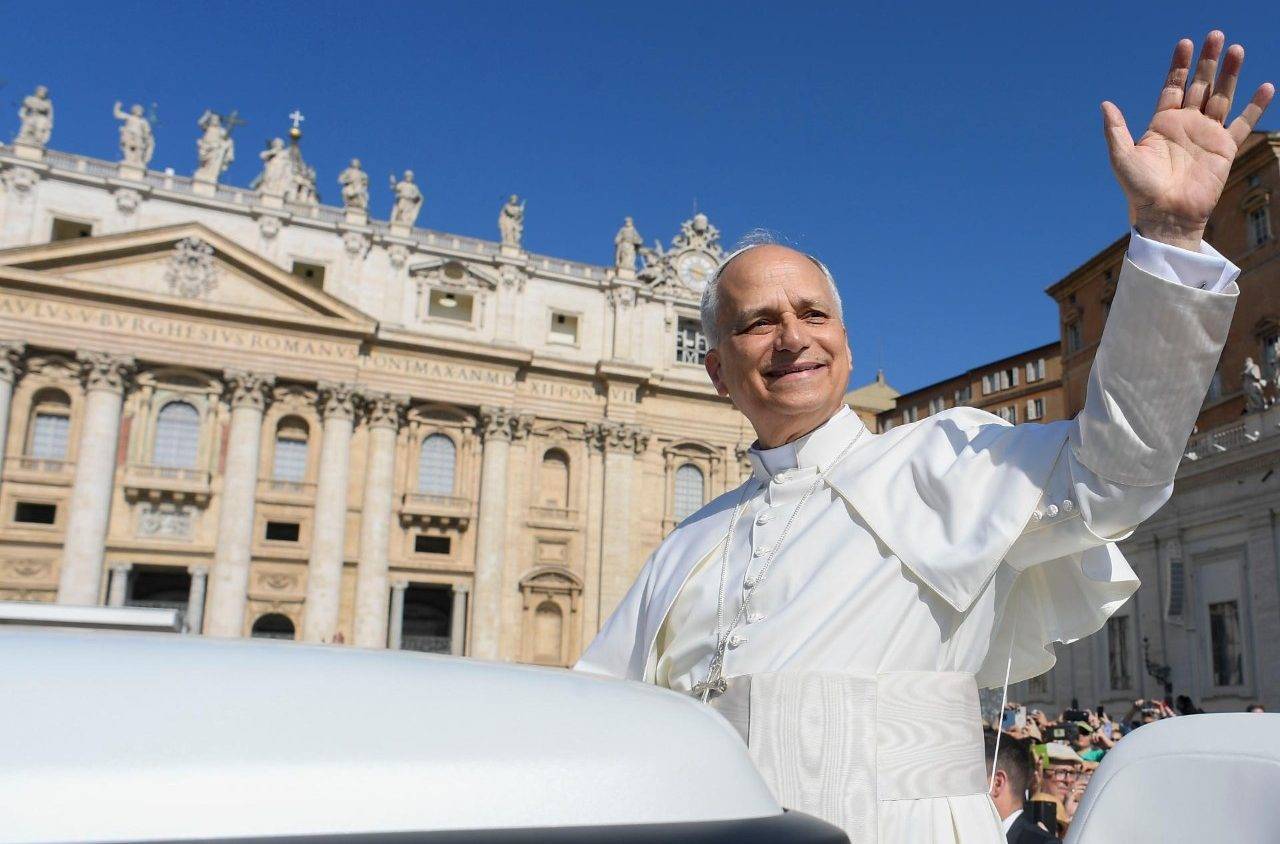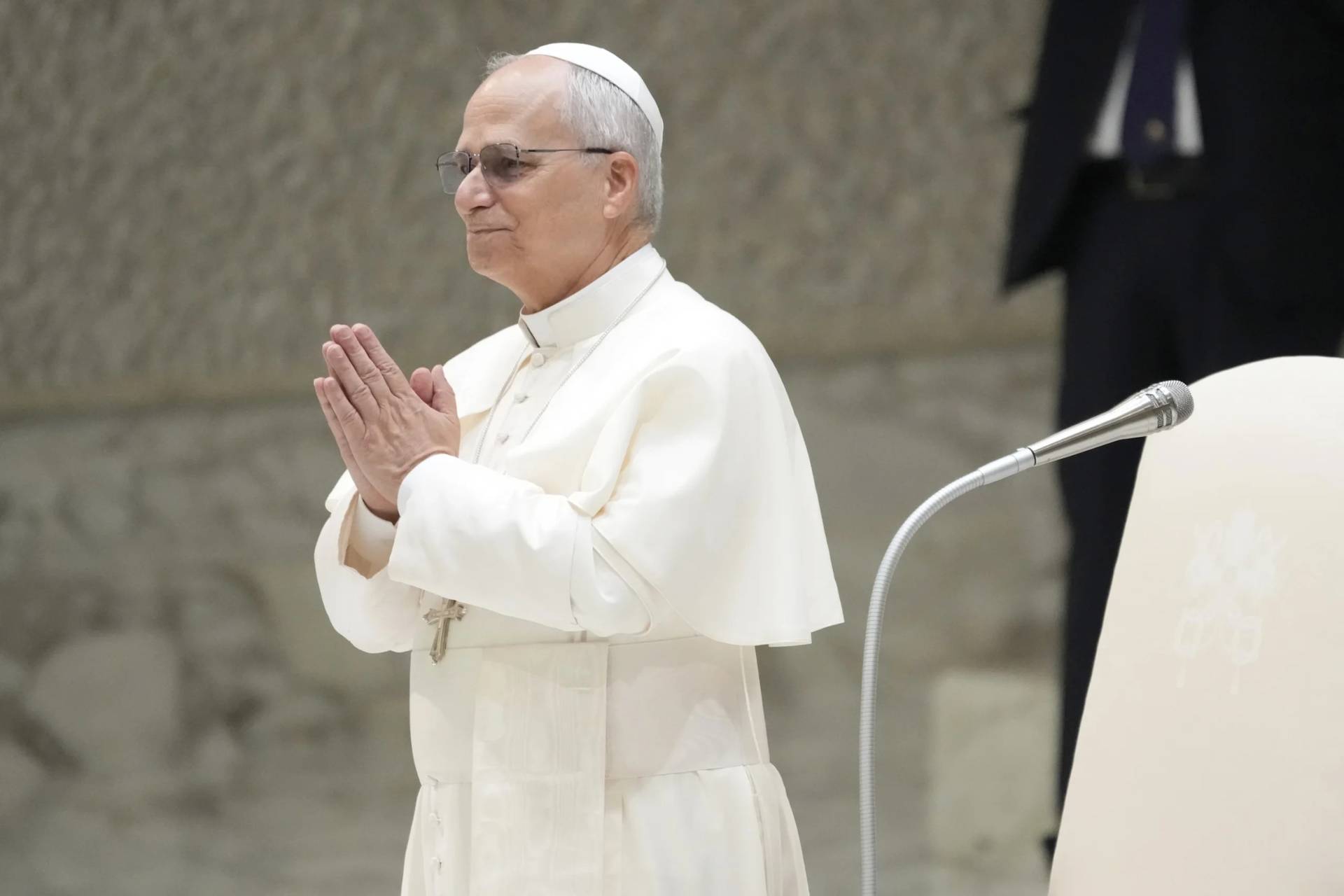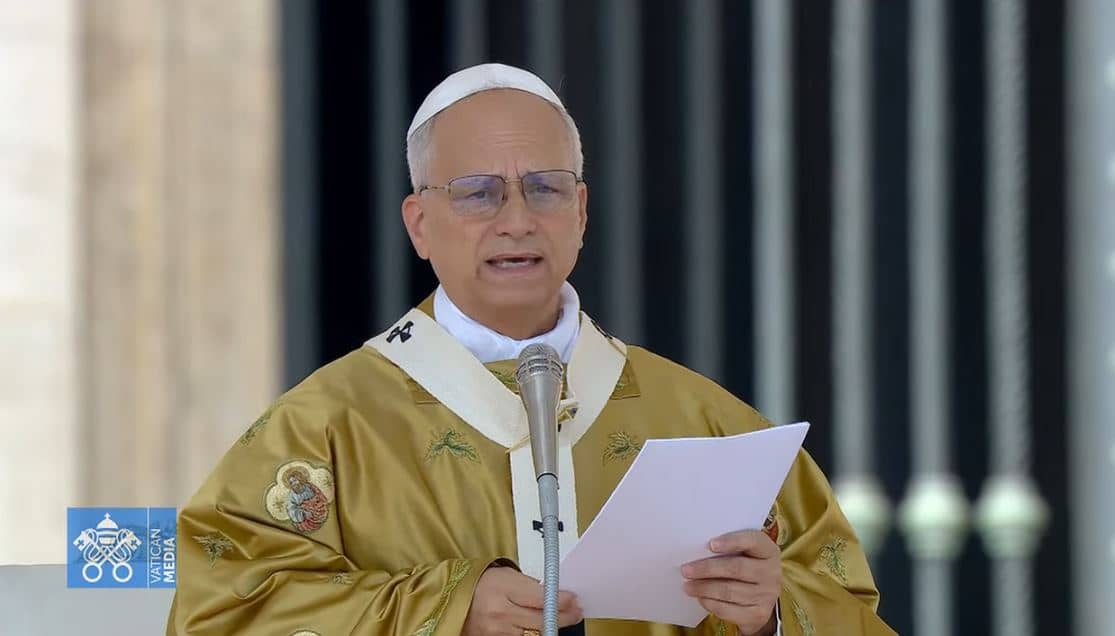NEW YORK — Pope Francis has jokingly referred to a newly released book chronicling the American-led resistance to the papacy as a “bomb.” Now, in a new interview with Crux, Nicolas Senèze, author of said book and Rome correspondent for the French Catholic newspaper La Croix, unpacks why he believes a small minority of American Catholics have been influential in trying to shape the narrative around Francis’s reforms.
RELATED: Pope Francis says ‘it’s an honor that Americans are attacking me’
In How America Wanted to Change the Pope, released earlier this month — though yet to be translated into English — Senèze examines the whirlwind events of the last year following former papal representative to the U.S., Archbishop Carlo Maria Viganò’s, public calls for Francis to resign over his handling of the abuse crisis.
While Francis initially chose silence in the face of those charges — telling journalists to do their homework to examine Viganò’s claims — in an informal conversation with Senèze while traveling to Africa this month, he said that he considers it “an honor that Americans are attacking me.” Senèze tells Crux that he believes the pope is speaking out now to resist the “powerful minority” that could lead the Church into schism.
Crux: Do you believe the resistance to Francis in the United States is stronger than in any other country?
Senèze: I am not sure that the opposition to Francis is stronger in the United States than elsewhere. Pope Francis still retains the confidence of a majority of U.S. Catholics, even if it is in decline, mainly because of a powerful campaign to tarnish his image.
The minority opposed to Francis in U.S. Catholicism has a large power: They have a lot of money and powerful media, they control part of the episcopate and, until Francis, were able to dictate the conduct at the Vatican.
How would you characterize the situation in your home country of France?
In France, too, the influence of American Catholic media that is hostile to the pope can be felt, but I must recognize that it remains limited to restricted circles. French Catholicism is very different, first because it has never known the minority situation of the United States. If today, Catholic practitioners are a minority in France, a majority of French people still define themselves as Catholics.
The issue today is the question of identity in a context where the French themselves are wondering what the French identity is. For Catholics, this corresponds with the arrival of a pope who, unlike his predecessors, is not steeped in French culture. With Francis, France — like Europe — is learning that it is no longer at the center of the Church, and this presupposes certain challenges.
In addition, there are a number of more cultural than practicing Catholics that are sensitive to an identitarian discourse on Christianity and may, on the contrary, be struck by the demanding words of Pope Francis who calls for going beyond a simple Catholic identity to act in coherence with the Gospel.
How, in your view, has the sex abuse crisis changed or contributed to the resistance to Francis in the U.S.?
It’s hard not to see how the sex abuse crisis deeply changed American Catholicism! It changed the way in which clerics are perceived and questioned the way in which they managed the Church, allowed the emergence of the laity. The problem is that the laity who took power in some U.S. dioceses only perpetuated the clerical model and imposed a very moralistic vision of the Church.
In a purely moral approach to sex abuse, these American Catholics found themselves very well in the “zero tolerance” advocated by Benedict XVI. But Francis understood that zero tolerance, if it is indispensable, is not enough: It is not enough to punish the abusers when they have committed their crime. The Church has to act to avoid abuses and to eradicate its causes. It is the fight that leads Francis against the culture of abuse and the system of cover-up that allows it to continue.
Francis’s struggle against clericalism fundamentally questions the whole vision of the Church defended by these laypeople. Among them, things could only end badly, especially since Francis also hurts them by his denunciation of the excesses of capitalism, his condemnation of the death penalty, or talking with Cuba or China.
Some critics have faulted you for not coming to the U.S. to interview U.S. Catholic leaders here firsthand. What’s your response to that?
I did not want to do either a sociological inquiry or a report on American Catholicism. My book focuses on how some American Catholics in opposition to Pope Francis tried to force him to resign and are now working to prepare the next conclave, trying to have a pope favorable to their views.
My crime scene is therefore Rome and I assume a mainly Roman point of view. This external view helps me to stand back and look at American Catholicism, to identify more easily some of its weaknesses that we do not necessarily see when we are immersed in it. It also allows me to get out of a narrative imposed by the media that is most opposed to Francis.
After the Viganò letter, Pope Francis initially remained silent in the face of criticism. As we’ve seen more recently, including on commenting on your book, he’s beginning to talk about the resistance to him. Why do you think he’s now willing to do so?
A year ago, Francis could hardly speak. He would have fallen into the trap set by Archbishop Viganò. He is the pope and could not enter the controversy without demeaning a former employee.
But, in remaining silent, he also opened the door to the work of the journalists. While working on this book, I was very impressed by the quality of the work of my American colleagues – including Crux! – to dissect the affirmations of Archbishop Viganò and show, finally, how his affirmations were very fragile.
Francis’s way of doing is deeply Jesuit, deeply rooted in Ignatian spirituality, which is normal for a man shaped by many years of the Spiritual Exercises. By leaving journalists to do their job, he made it possible for them to unmask the forces that were at work against him and the Church.
I believe that when he speaks today — for example when journalists ask him about schism (he only repeated the word that appeared in the question put to him) — it is also to provoke the silent majority that supports him and to help emancipate it from this powerful minority and to give them voice.
Follow Christopher White on Twitter: @cwwhite212
Crux is dedicated to smart, wired and independent reporting on the Vatican and worldwide Catholic Church. That kind of reporting doesn’t come cheap, and we need your support. You can help Crux by giving a small amount monthly, or with a onetime gift. Please remember, Crux is a for-profit organization, so contributions are not tax-deductible.
